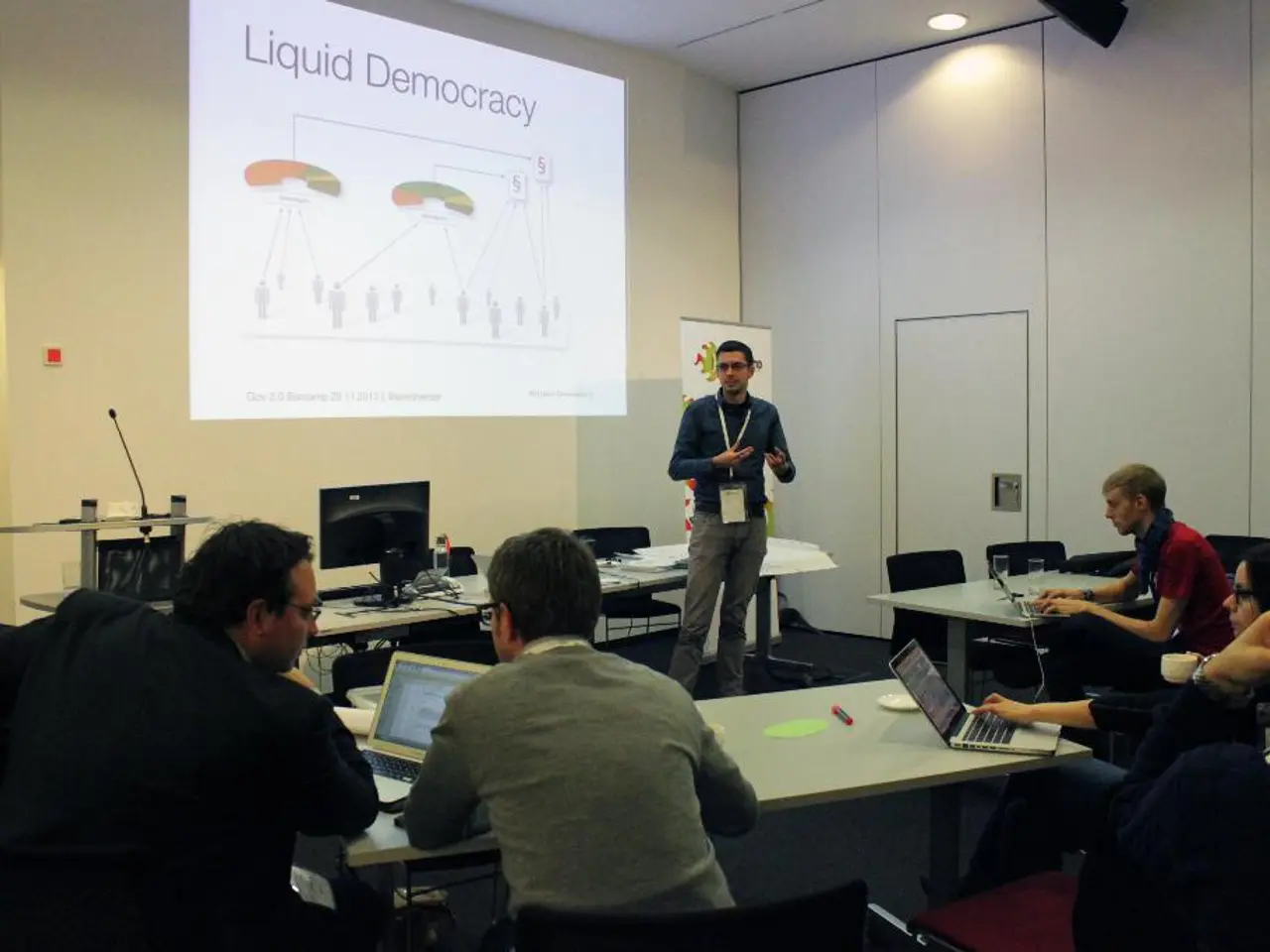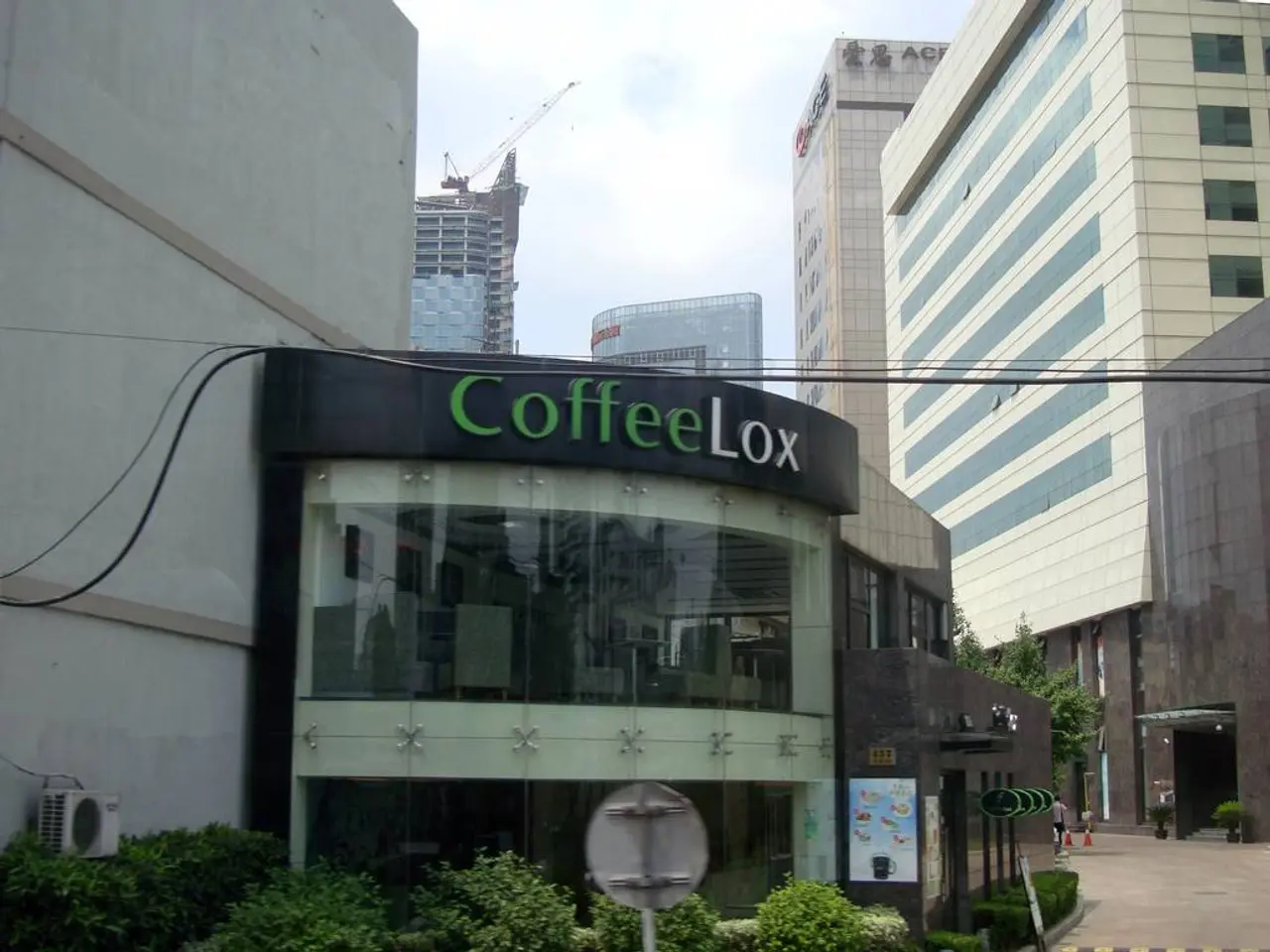Unveiled Wealth: Afortunates or Unfortunate Ones?
In an attempt to manage chronic high public debt and finance economic recovery without exacerbating borrowing, the French government is considering a controversial financial strategy: using savings from savers to finance companies. This approach, however, raises transparency and property rights concerns, especially regarding how savings might be requisitioned or redirected from individual use to public financing.
The idea of using savings for the common good through a public instrument may seem self-evident, but it is not to those who follow the "free market" religion. On the other hand, left-wing media outlets such as L'Humanité, a French daily newspaper founded in 1904 by socialist Jean Jaurès, suggest the government should prioritize public services, employment, and education instead.
L'Humanité, once the central organ of the French Communist Party (PCF), has consistently advocated for left-wing and socialist positions since its founding, focusing on social justice, workers' rights, and global peace. The explicit reference to the party was dropped in 1999.
In contrast, the government's current focus includes managing debt levels and funding programs through alternative means, such as energy-saving certificates for environmental initiatives, rather than direct state budget allocations.
France also supports long-term retail investment through Savings and Investment Accounts (SIAs) designed to channel household savings into the economy sustainably. These mechanisms emphasize long-term investment and EU-focused asset allocation, reflecting a preference for structured, incentive-based savings mobilization rather than outright requisition.
The government is planning to use a significant financial windfall of 6 billion euros from savers for this strategy. This approach, while necessary for national recovery and economic stability, has sparked debate, with critics arguing for more investment in social infrastructure.
This financial strategy is guided by fiscal realities and legal frameworks allowing state intervention in savings in exceptional circumstances. However, it contrasts with the left-wing media's critiques, which emphasise the importance of prioritising public services, employment, and education.
References: 1. "French government plans to use savers' money to finance companies." Reuters, July 31, 2021. 2. "France's proposed use of savers' money to finance companies raises concerns." The Economist, July 31, 2021. 3. "France's Savings and Investment Accounts: A Sustainable Approach to Retail Investment." European Commission, 2020. 4. "L'Humanité." Wikipedia, the free encyclopedia. 5. "French government's alternative funding methods for environmental initiatives." Greenpeace France, July 31, 2021.
- The French government's controversial financial strategy, using savings from savers to finance companies, has sparked debates, particularly among left-wing media outlets such as L'Humanité, which advocate for prioritizing public services, employment, and education instead.
- In contrast to the government's focus on managing debt levels and funding programs through alternative means like energy-saving certificates, L'Humanité argues that more investment in social infrastructure could be a better use of the 6 billion euros windfall planned to be used for the financial strategy.




